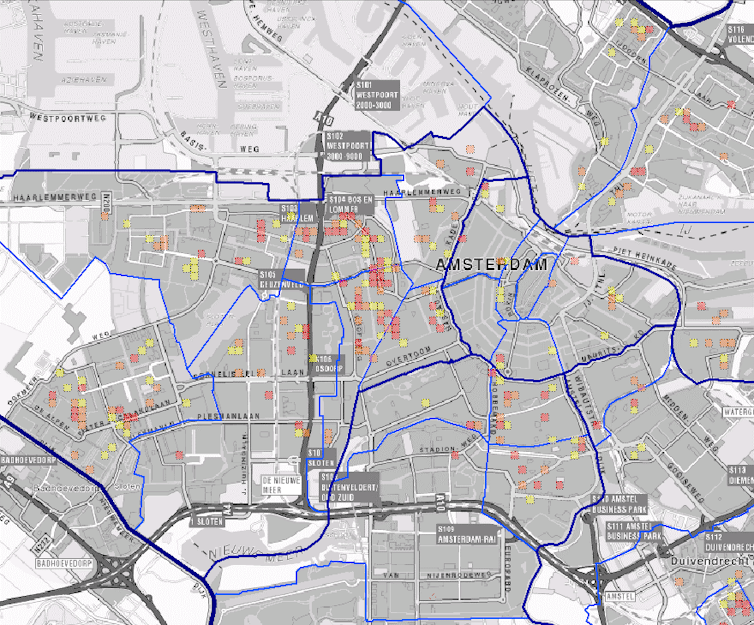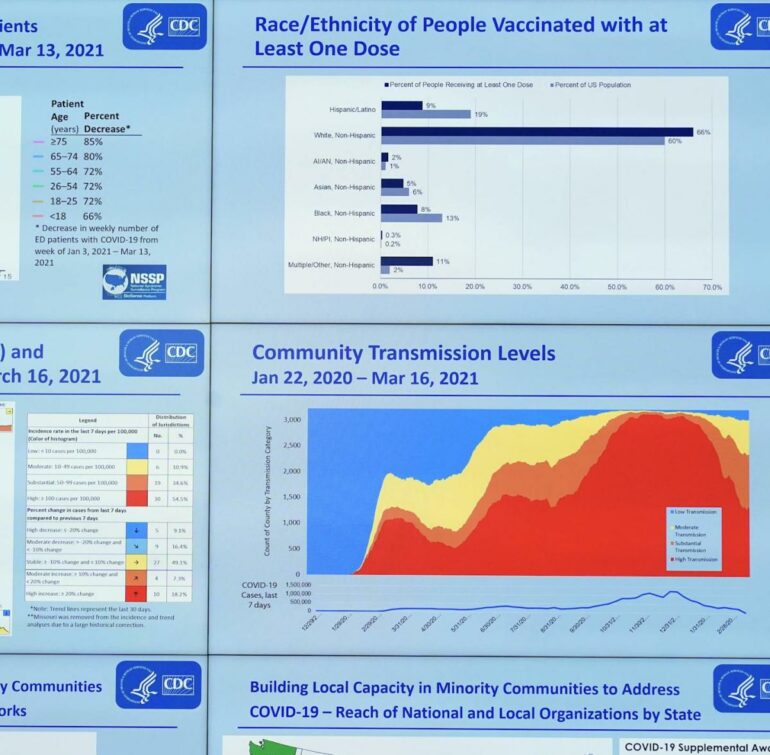Governments increasingly rely on large amounts of data to provide services ranging from mobility and air quality to child welfare and policing programs. While governments have always relied on data, their increasing use of algorithms and artificial intelligence has fundamentally changed the way they use data for public services.
These technologies have the potential to improve the effectiveness and efficiency of public services. But if data is not handled thoughtfully, it can lead to inequitable outcomes for different communities because data gathered by governments can mirror existing inequalities. To minimize this effect, governments can make inclusion an element of their data practices.
To better understand how data practices affect inclusion, we – scholars of public affairs, policy and administration – break down government data practices into four activities: data collection, storage, analysis and use.
Collection
Governments collect data about all manner of subjects via surveys, registrations, social media and in real time via mobile devices such as sensors, cellphones and body cameras. These datasets provide opportunities to shape social inclusion and equity. For example, open data can be used as a spotlight to expose health disparities or inequalities in commuting.
At the same time, we found that poor-quality data can worsen inequalities. Data that is incomplete, outdated or inaccurate can result in the underrepresentation of vulnerable groups because they may not have access to the technology used to collect the data. Also, government data collection might lead to oversurveillance of vulnerable communities. Consequently, some people may choose to avoid contributing data to government institutions.

Predictive policing is an example of government use of data that researchers have found can be biased and inaccurate.
Arnout de Vries/Wikimedia
To foster inclusive practices, government practitioners could work with citizens to develop inclusive data collection protocols.
Storage
Data storage refers to where and how data is stored by the government, such as in databases or cloud data storage services. We found that government decisions about access to stored data and data ownership might lead to administrative exclusion, meaning unintentionally restricting citizen access to benefits and services. For example, administrative registration errors in applications for services and the difficulty citizens experience when they attempt to correct errors in stored data can lead to differences in how governments treat them and even a loss of public services.
We also found that personal data might be stored with cloud vendors in data warehouses outside the influence of the government organizations that initially created and collected the data. While governments are typically required to follow rigorous data collection practices, data storage companies do not necessarily need to comply with…



